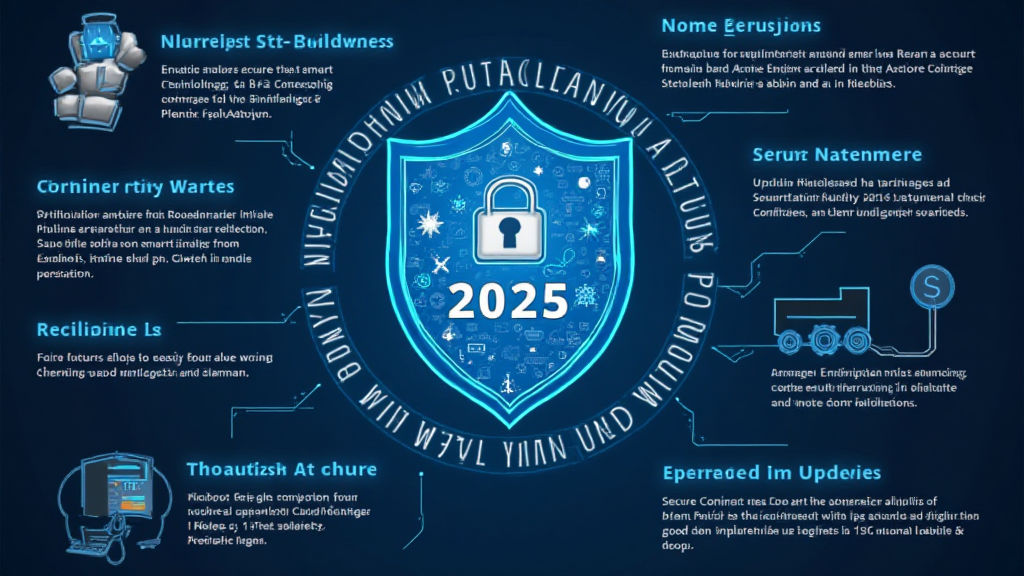2025 Blockchain Security Standards: A Comprehensive Guide for Digital Asset Protection
With $4.1 billion lost to DeFi hacks in 2024 alone, the call for robust personal security measures in the blockchain realm has never been more critical. Today, as the popularity of cryptocurrencies in Vietnam surges, understanding and implementing personal security best-practices is paramount for all digital asset holders.
The Rise of Blockchain in Vietnam
As of 2025, Vietnam has seen an explosion in cryptocurrency adoption, registering an impressive 32% increase in active digital users over the past year. This rapid growth warrants a discussion on security, particularly given the high-stakes nature of investing in digital assets.
Understanding Blockchain Security
Blockchain security refers to the protective measures taken to safeguard blockchain networks, transactions, and user data. It’s akin to a bank vault for digital assets, ensuring that only authorized individuals have access to sensitive information.

- Consensus Mechanisms: Learn about how different blockchains validate transactions and the vulnerabilities associated with these mechanisms.
- Smart Contracts: Understanding how to audit smart contracts can save users from costly bugs and flaws.
- Private Keys: Protecting your private keys is crucial—never share them and consider cold storage options.
Best Practices for Blockchain Security
To ensure your assets remain safe, consider the following best practices:
- Use Hardware Wallets: Devices like the Ledger Nano X can reduce hacking risks by keeping private keys offline.
- Enable Two-Factor Authentication: Always activate 2FA on your crypto accounts to add an extra layer of security.
- Keep Software Updated: Regularly update wallets and apps to patch vulnerabilities.
- Educate Yourself: Stay informed about the latest threats in the cryptosphere.
Threats to Personal Security in Blockchain
Understanding the threats to your digital assets can change how you interact with them. Key threats include:
- Phishing Attacks: Cybercriminals often impersonate trusted platforms to steal your information.
- Malware: Malicious software can be used to gain complete control over your device.
The Role of Education in Security Practices
Education plays a vital role in persona security. The more knowledgeable users are about potential risks, the better they can protect their assets. Implementing programs that educate Vietnamese users on tiêu chuẩn an ninh blockchain will be crucial as adoption continues to rise.
- Webinars and Workshops: Organizing regular sessions can help users understand the landscape of blockchain security.
- Online Resources: Provide articles and tools that equip users with knowledge on safe practices.
Implementing Blockchain Security Frameworks
Instituting a security framework is akin to designing a fortress around your assets:
- Risk Assessment: Continuously evaluate potential risks associated with your investments.
- Incident Response Plan: Prepare a strategy to implement in case of a security breach.
Conclusion
In conclusion, as the world embraces blockchain technology, it is paramount for individuals to implement personal security best-practices to protect their investments. From understanding potential threats to establishing a solid education foundation, users must stay proactive in their security measures.
As crypto enthusiasts in Vietnam, adopting these measures could be essential in preserving the integrity of your assets. By prioritizing security in the digital age, you are not only safeguarding your investments but also contributing to a more secure blockchain ecosystem.
For more information on personal security practices and blockchain safety, visit hibt.com today.
Written by Dr. John Crypto, a leading expert in blockchain technology with over 20 published papers and a specialist in the auditing of major smart contract projects.





